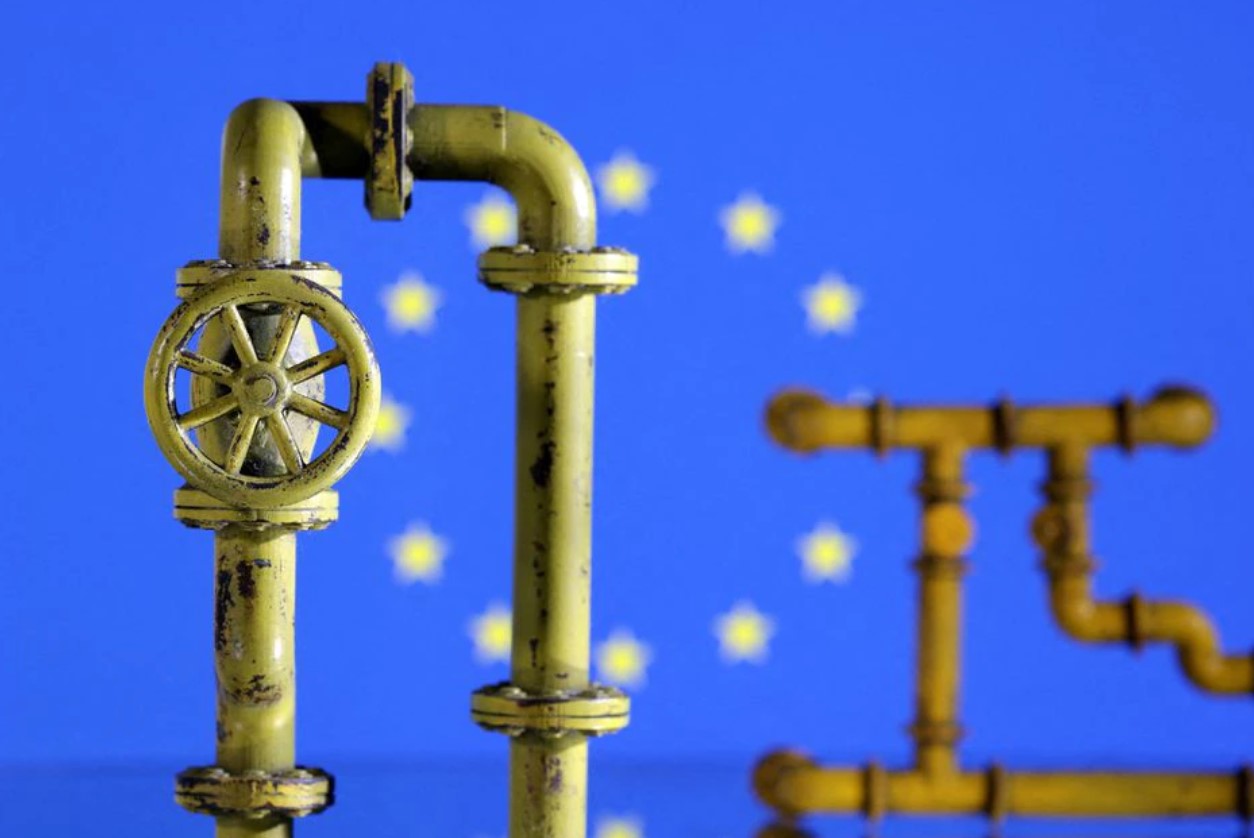The European Commission plans to propose a cap on natural gas prices after Nov. 24, as it seeks to contain an energy crisis stemming from Russia’s invasion of Ukraine, the EU’s energy policy chief told Reuters on Wednesday.
The 27-country European Union has for months debated whether to cap gas prices, as the bloc struggles to contain soaring inflation and energy prices driven by Russia slashing gas supplies to Europe.
EU energy commissioner Kadri Simson said the Commission, which drafts EU policies, would propose a cap after a meeting of EU energy ministers on Nov. 24 where they are expected to instruct the bloc’s executive to move ahead with the proposal.
“We will move swiftly and we will make a legal proposal immediately after ministers will mandate us to do so,” Simson said in an interview on the sidelines of the COP27 climate summit in Egypt.
“We have done our homework. I think that this kind of price cap can allow us to calm the market… it also removes the risk that we will not receive cargoes at all,” she said.
EU countries are split over whether to cap gas prices. Once proposed by the Commission, a reinforced majority of at least 15 countries would need to approve the measure.
Belgium, Poland, Italy and Greece have demanded Brussels propose a gas price cap before Nov. 24, and threatened to block other EU policies including faster renewable energy permitting rules, if one is not proposed.
Others including Germany, Europe’s biggest gas user, warn capping prices could leave countries struggling to secure cargoes in international gas markets.
The planned gas price cap, which the Commission sketched out in a document shared with EU countries late on Tuesday, would kick in if prices spike to a pre-defined level, and cap the price of front-month contract trades on the Dutch title transfer facility gas trading hub.
“We don’t want to suspend the market as such,” Simson said. “In a global commodity market, we cannot attract these volumes unless our (gas) prices are competitive against the other world regions, namely the Asian market.”
The document shared with EU countries, seen by Reuters, did not specify the price level it would use, but said it would be immediately suspended if it caused “unintended market disturbances” that harm Europe’s energy security.







Click here to change your cookie preferences